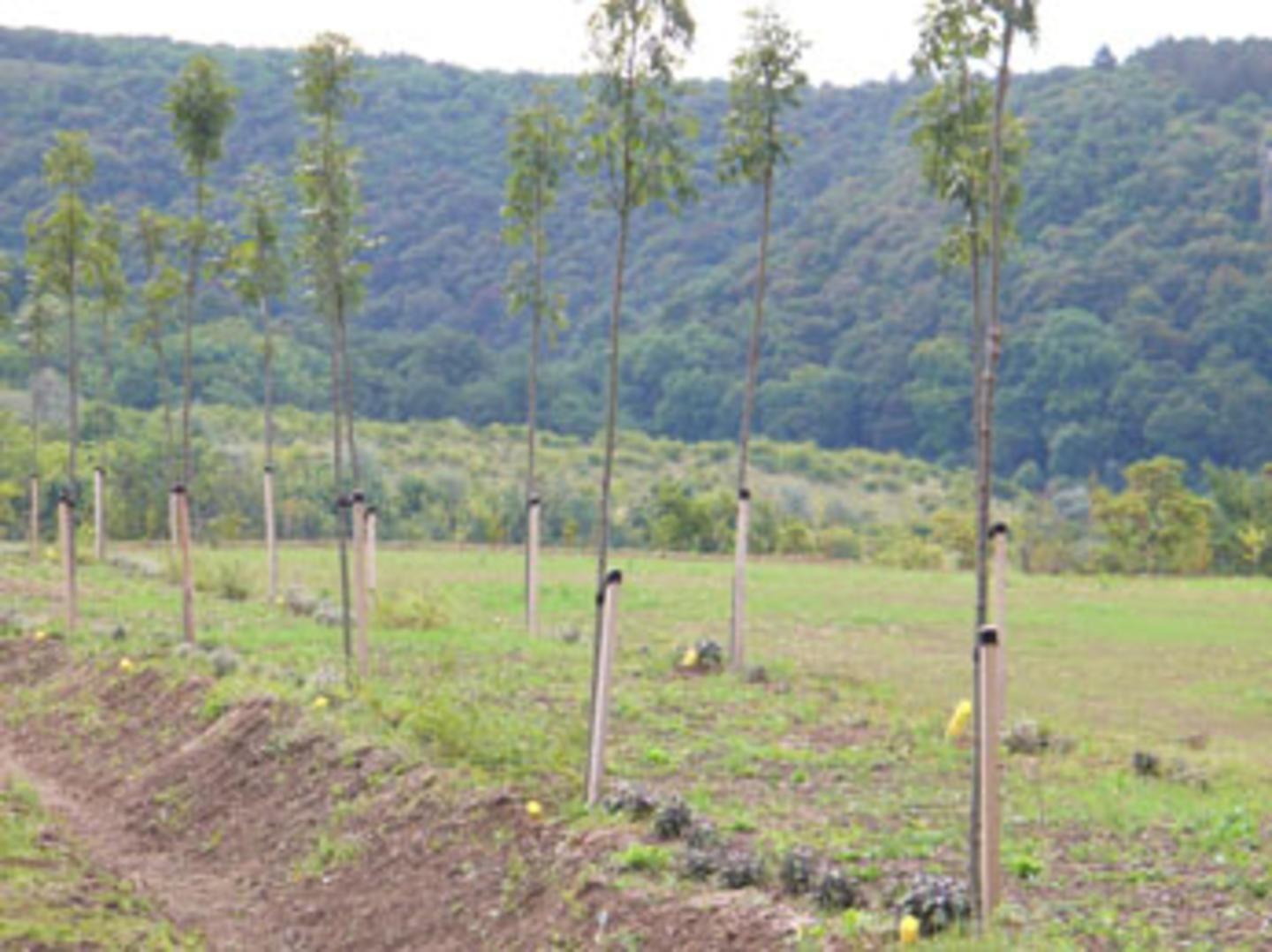The successful achievements were celebrated this October when representatives from non-governmental organisations (NGOs), public benefit companies, social actors and the Norwegian Embassy gathered to close the Lake Balaton Environmental Protection Fund in Siofok, Balaton.
At the ceremony, the close cooperation between the inhabitants was highlighted as one of the greatest achievements of the project, including the environmental facelift the area has gone through. By dividing the fund between 31 NGOs, one has achieved an unprecedented level of results, which also has attracted the interest of the UNESCO world heritage committee. In November the UNESCO committee will visit the region and hopefully see the outstanding universal value of the Lake Balaton area.
Measures for sustainable tourism
As the shallowest and largest lake in Central Europe, Lake Balaton is of unique environmental value for Hungary. The area surrounding the lake represents one of the country's greatest environmental and ecological treasures. The area has 41 settlements situated on the lakeside and 123 nearby. The region also has a long history as a holiday resort, and the impact of human activities have been an environmental challenge to the area. The establishment of appropriate measures and tools for sustainable development and tourism, environmental protection and infrastructure are therefore of great importance, and this is where the Lake Balaton Environmental Protection Fund comes in.
Norway's Ambassador to Hungary Siri Ellen Sletner emphasised the importance of the fund in her opening remarks: "Although the contribution is modest in global terms, it is nevertheless important. Norway will continue to give high priority to environmental and climate change policy," said the ambassador, before she pointed out that she was especially impressed by this fund "as it had successfully encouraged the involvement of NGOs in the environmental protection field."
A key objective of the EEA and Norway Grants is to strengthen civil society in the beneficiary states. "Involving NGOs is essential to reach the goal of reducing economic and social disparities in Europe," explained the ambassador.
New opportunities: parks, equipment and waste
Through the day, regional NGOs presented their work and the effects the new parks, equipment and waste management measures have had on the area. The project promoters Lake Balaton Development Council and the Lake Balaton Coordination Agency presented underlined that they were very pleased with the project's progress.
"The main results are the improved quality of the environment, natural and built. We also have to emphasise that the 31 projects have contributed to strengthen the cooperation between local governments and civil society (NGOs). As they signed cooperation agreements for the maintenance of the projects results and activities, their long-term cooperation is ensured for the future too," said project manager Gábor Molnár.
The grant has, according to Molnár, provided new opportunities for the region. "We hope the EEA and Norway Grants can be a well-functioning model and not only a single attempt, and that we can continue their success," concluded Molnar.
Photo credit: Lake Balaton Development Coordination Agency.
